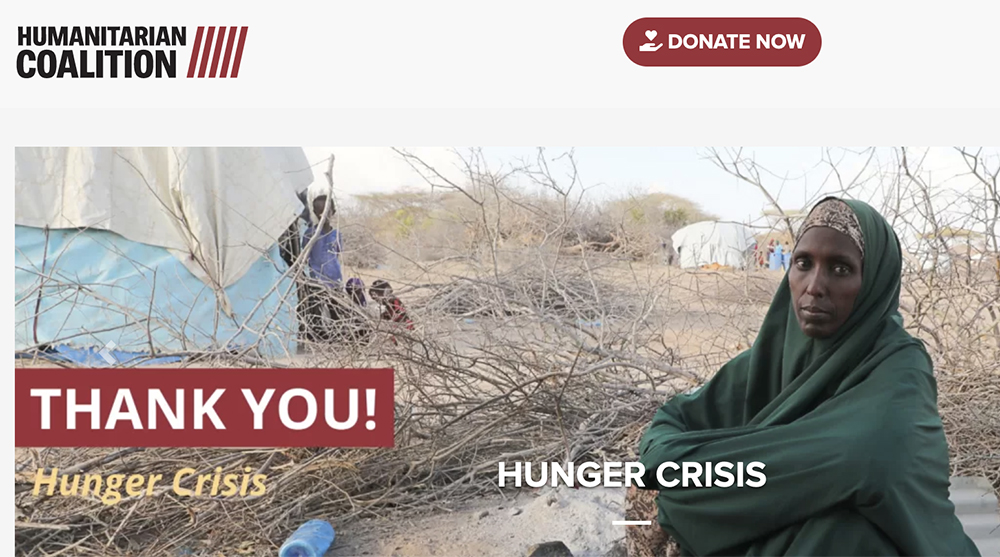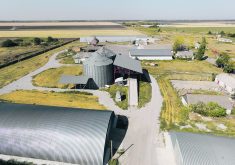The war in Ukraine and severe climate impacts on farmers worldwide have raised hunger levels to a breaking point.
The Canadian Humanitarian Coalition, comprising 12 charity organizations from across the country, has set out to fight the problem.
“This is an exceptional circumstance,” said Richard Morgan, executive director of the coalition. “We’ve just come out of a major appeal in the response to the crisis in Ukraine and it’s had this extraordinary, exacerbating effect on what was already a brewing hunger crisis.”
“We’re now at the point where the number of people who are on the verge of famine is as many as 50 million.”
Read Also

Saskatchewan throne speech promises strong economy
Saskatchewan’s legislative agenda for the coming year will focus on meeting the challenges of new world trading relationships, said the speech from the throne.
The COVID-19 pandemic has also been detrimental to food supply. Morgan said the pandemic hit much worse in other countries than it did in Canada.
Sub-Saharan African countries appear to be the hardest hit by the hunger crisis, but the problem is growing for many other countries.
“We often say Covid, conflict and climate are the three real drivers of what we’re seeing right now,” said Morgan.
“There’s no social safety net … what we’re seeing now is unprecedented.”
Drought in the Horn of Africa and other parts of the world would have been enough to cause a hunger crisis, but the Russian-Ukrainian war and the pandemic created an even worse disaster.
With disrupted supply chains and lessened production from the conflicted nations, countries that rely on Ukraine and Russia for a majority of their grain imports are in dire need of help.
“Countries like Somalia are hugely dependent on that region for food,” said Morgan. “They’re being deprived of that opportunity.”
He added that some countries have diverted funding that normally would have been used to help fight hunger to address needs in Ukraine.
He said the Integrated Phase Classification (IPC) system, used to determine people’s level of hunger, is set at phases four and five, which are the highest in decades.
“The number of severely food insecure people has more than doubled in the last two years,” said the Humanitarian Coalition in a news release.
The Canadian government has pledged a minimum of $250 million to the cause, but agencies in the Humanitarian Coalition estimate about $600 million is needed.
Ottawa has announced a matching fund to help raise the total. Donations up to $5 million from Canadians will be matched by the federal government.















